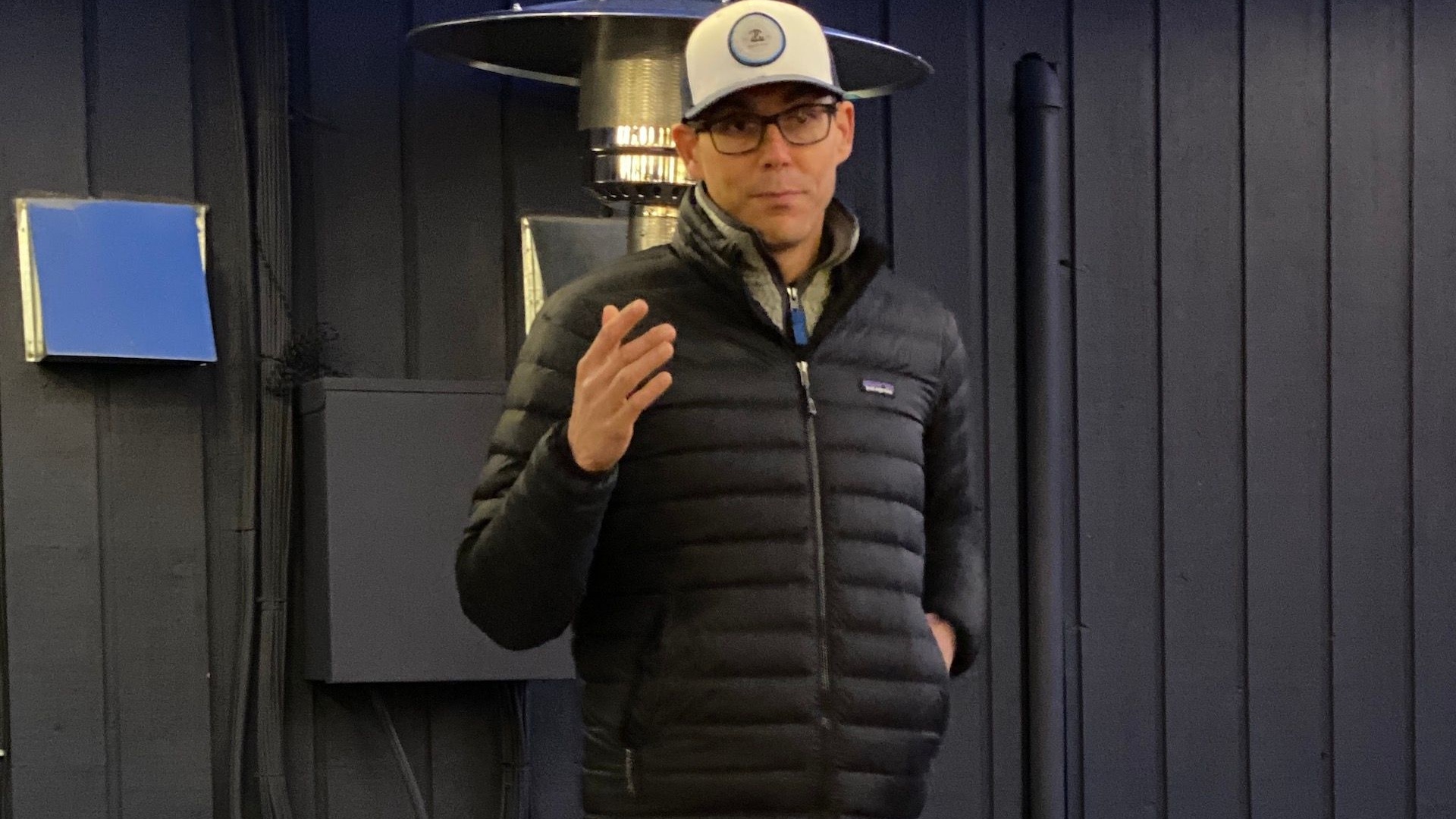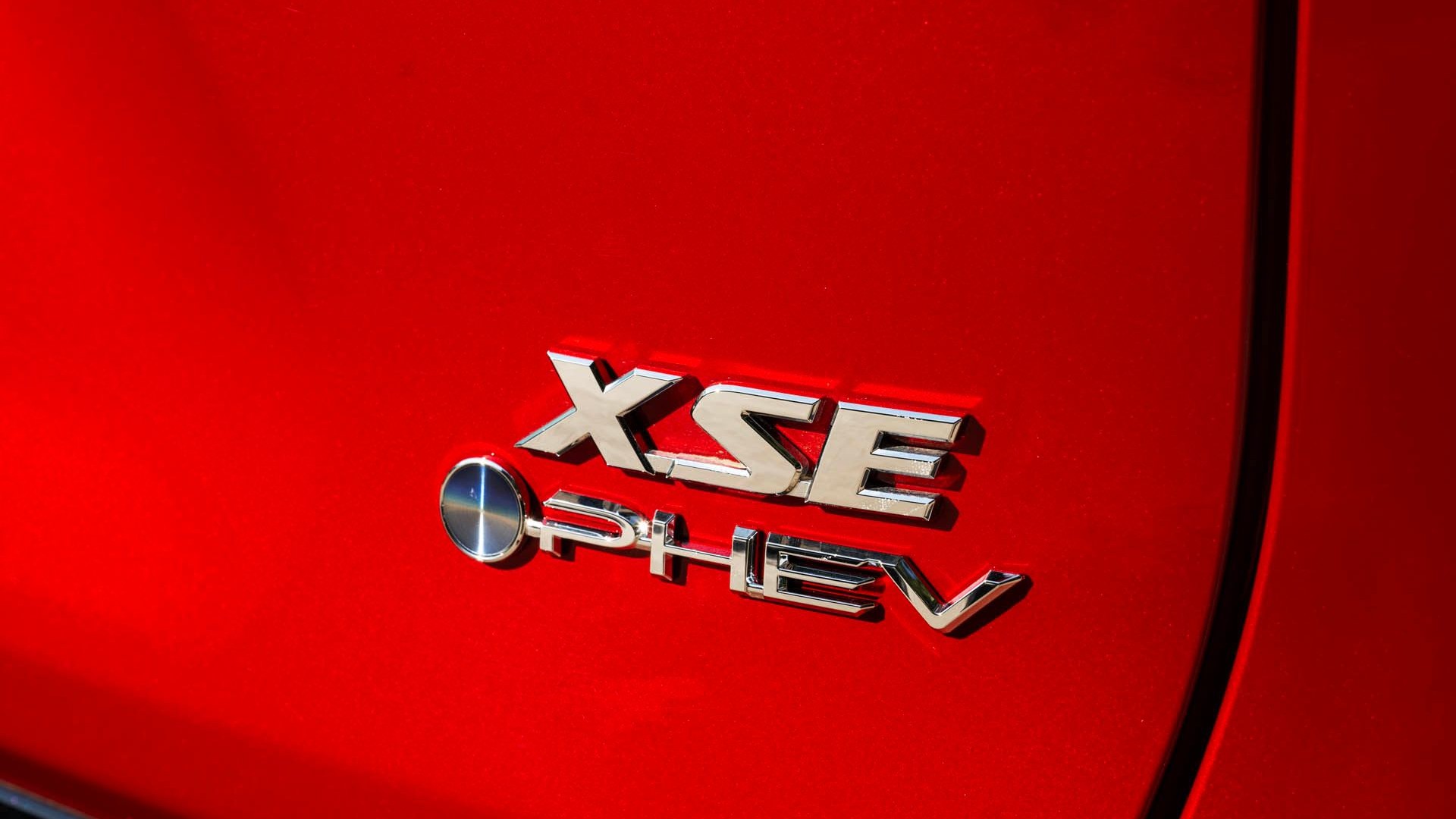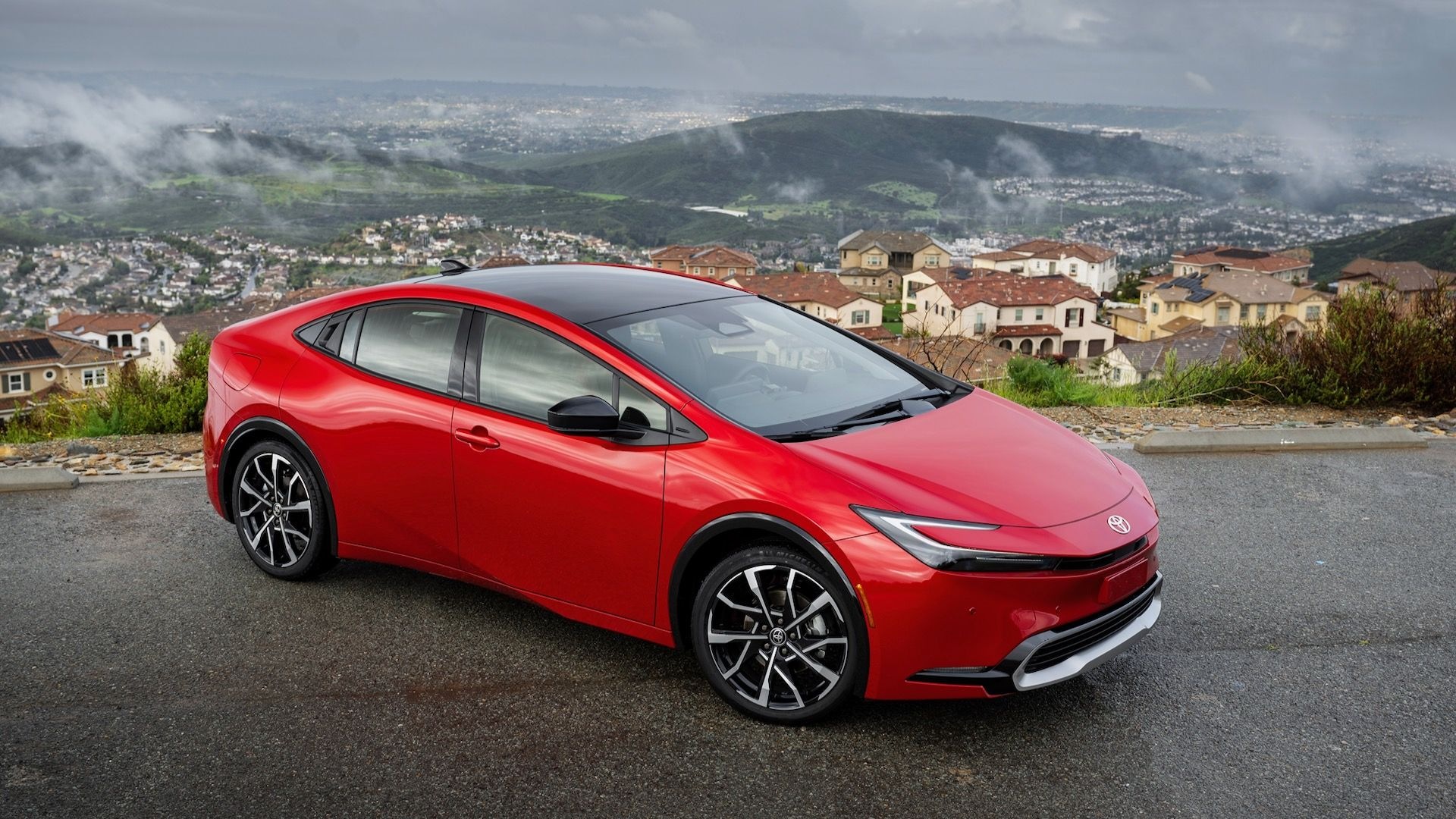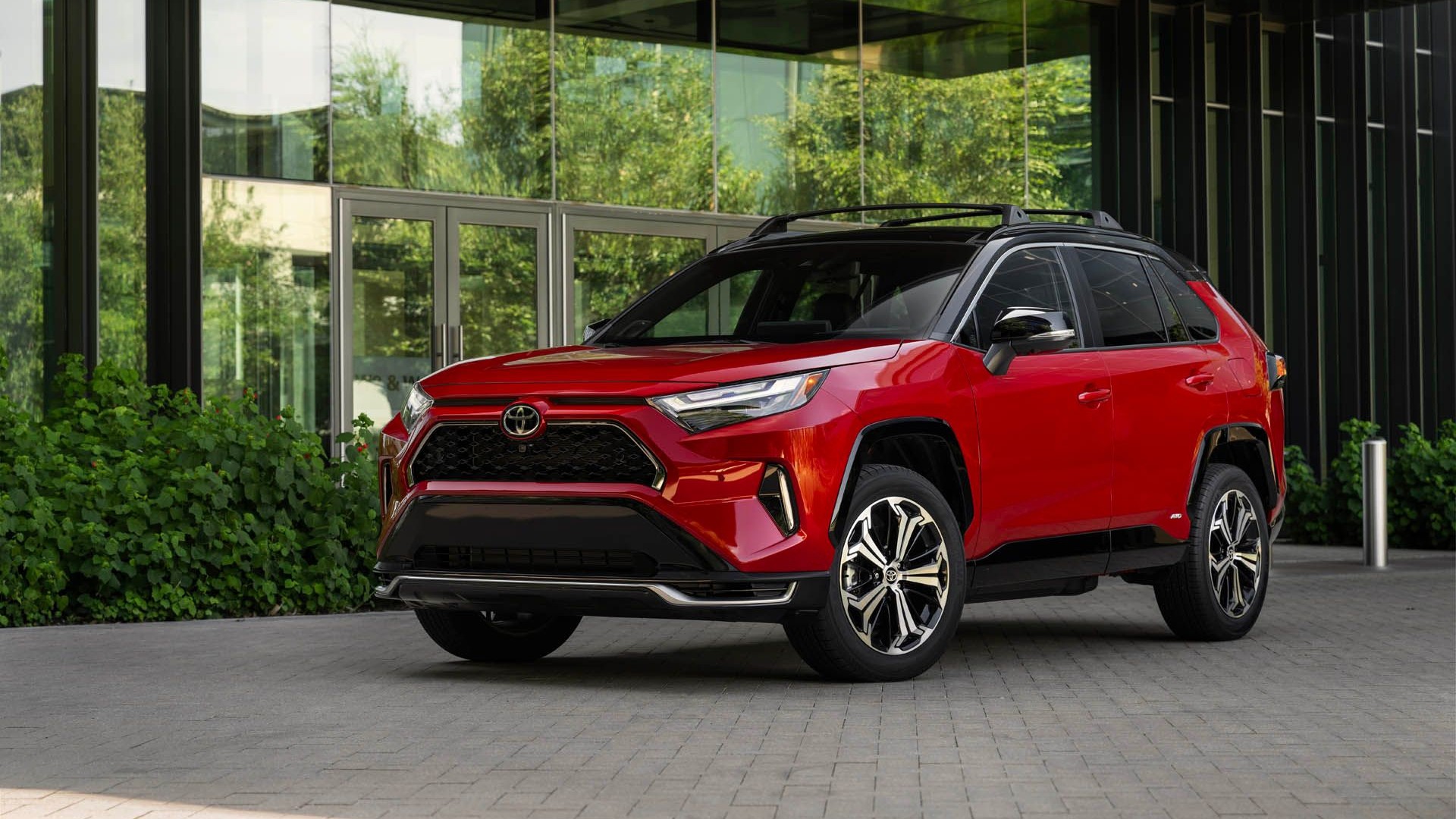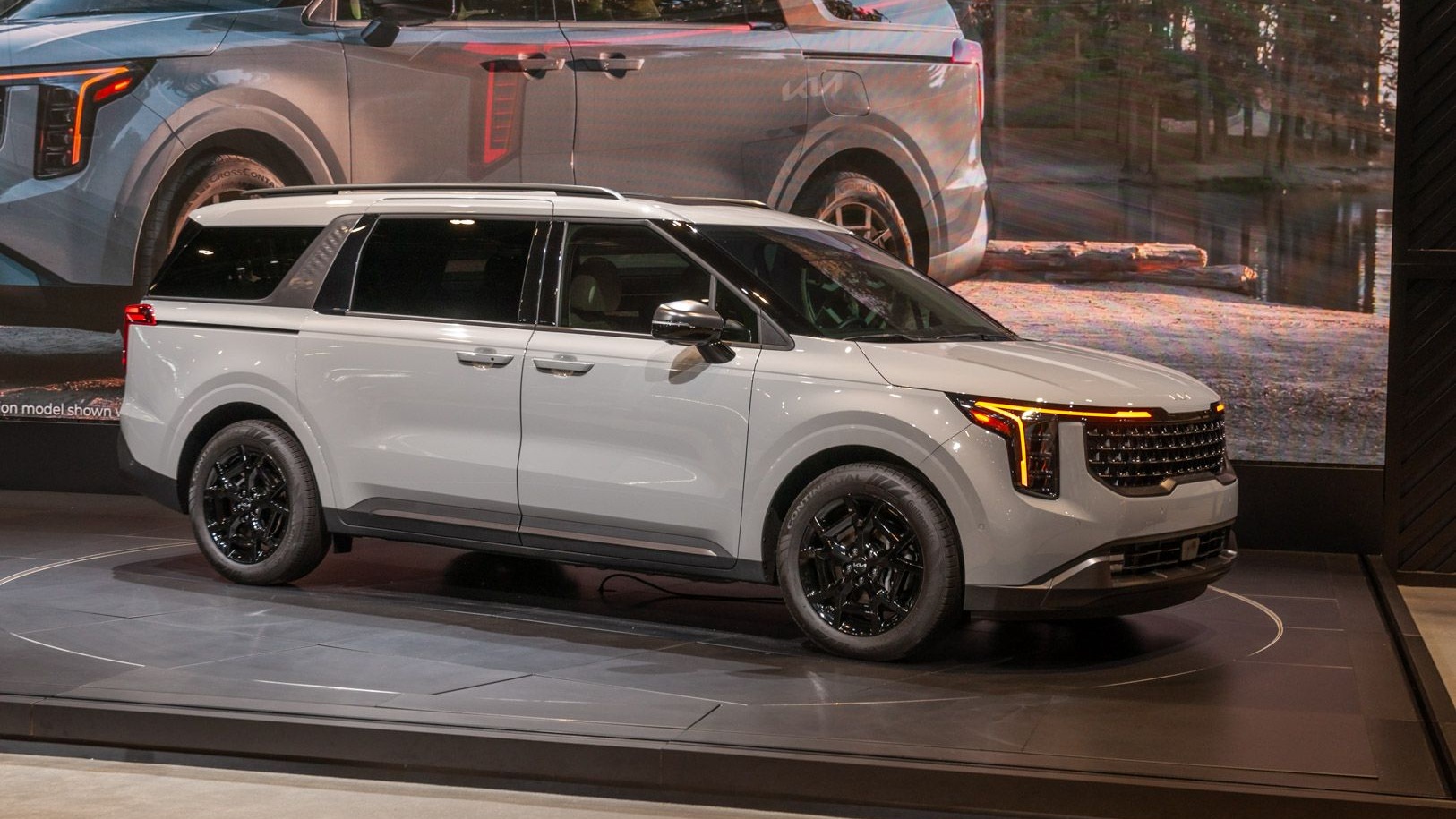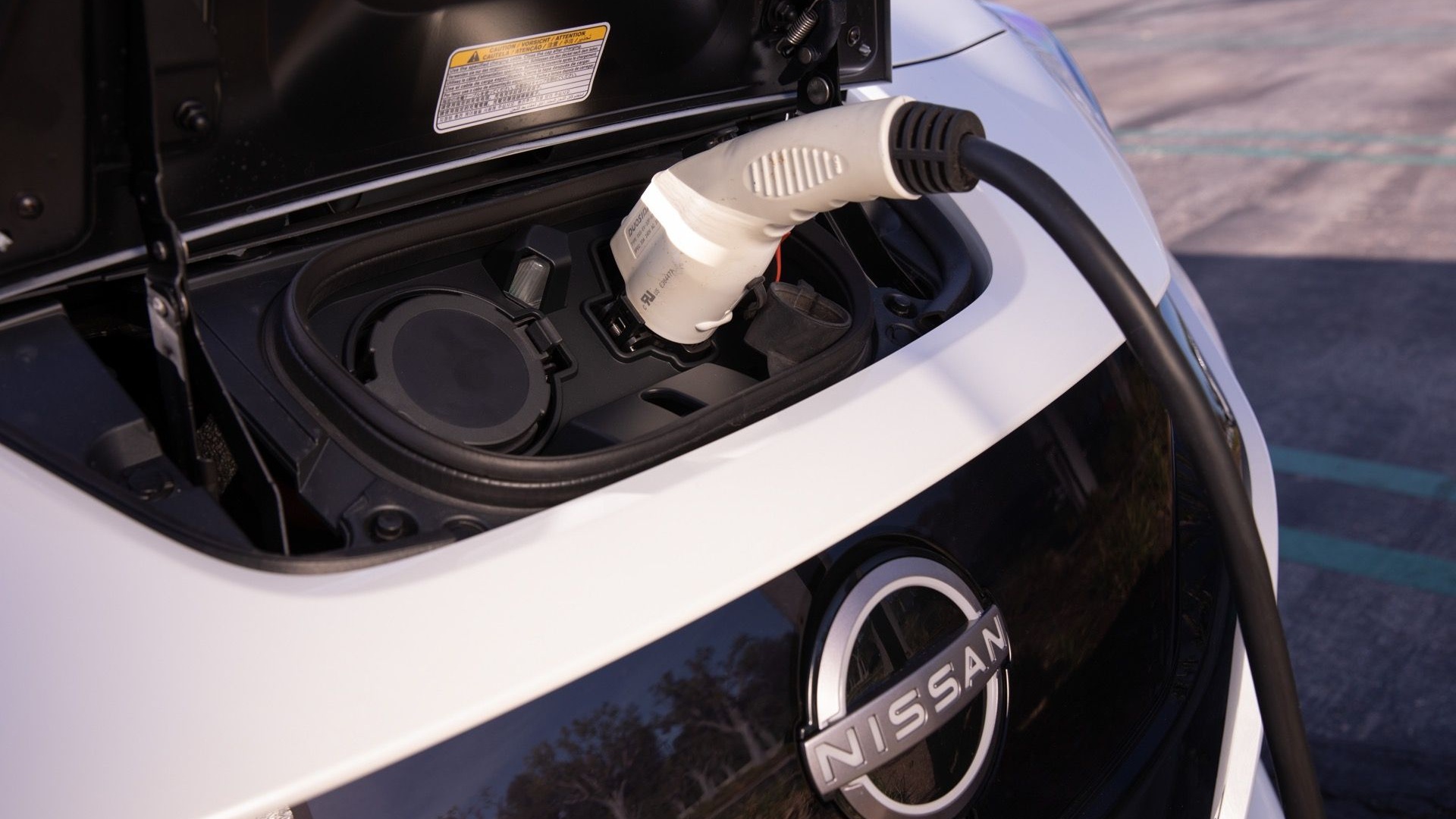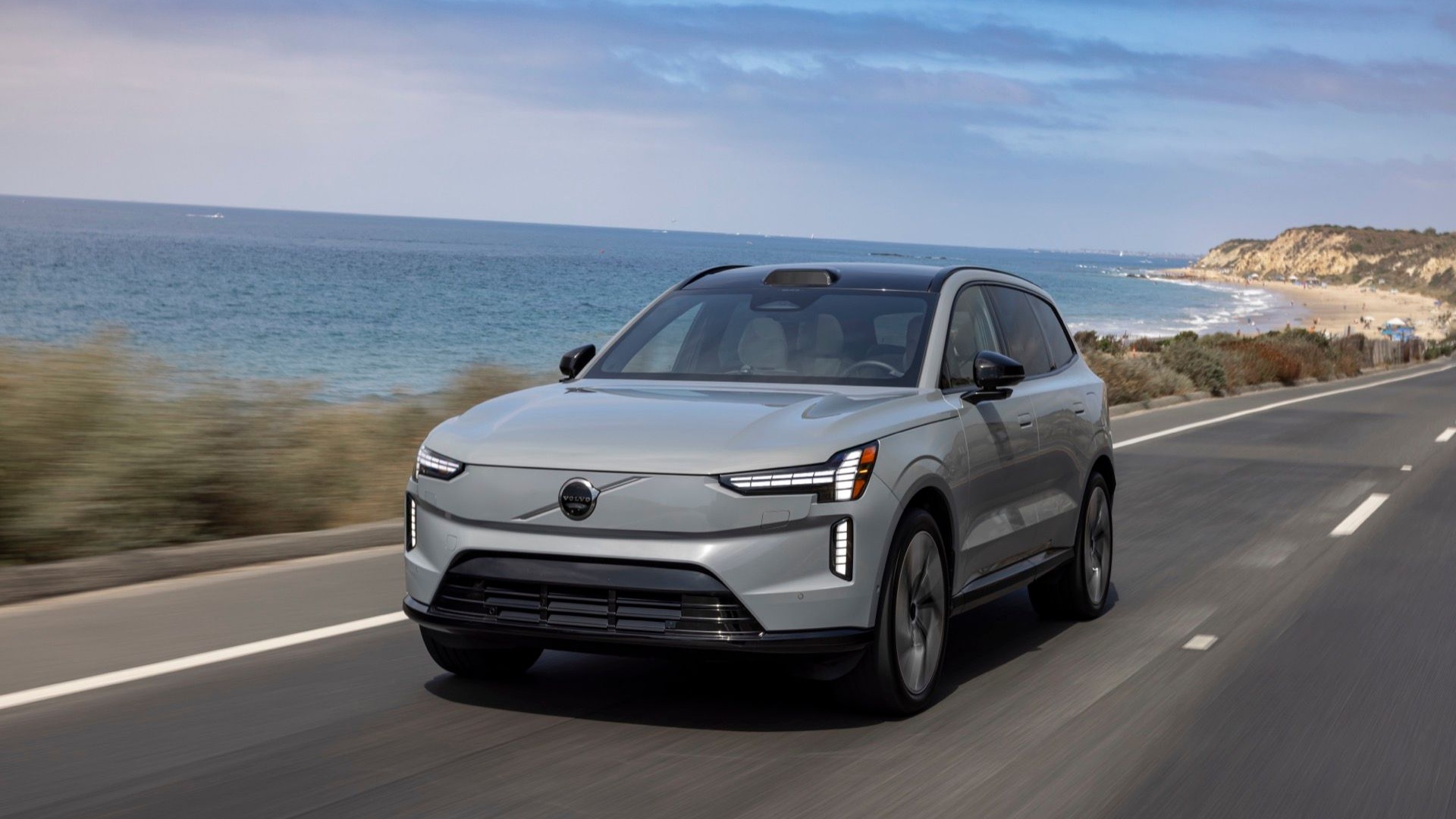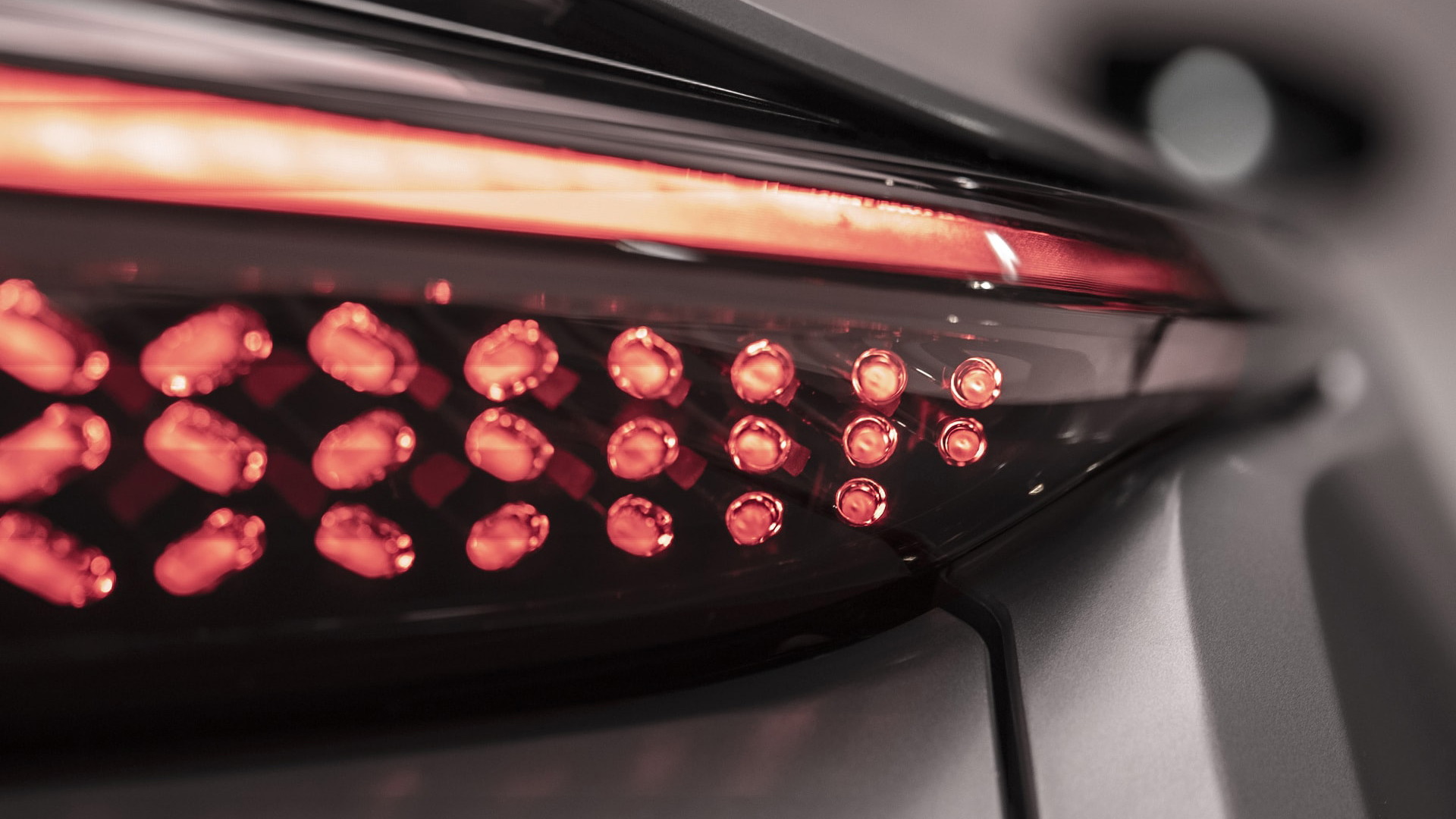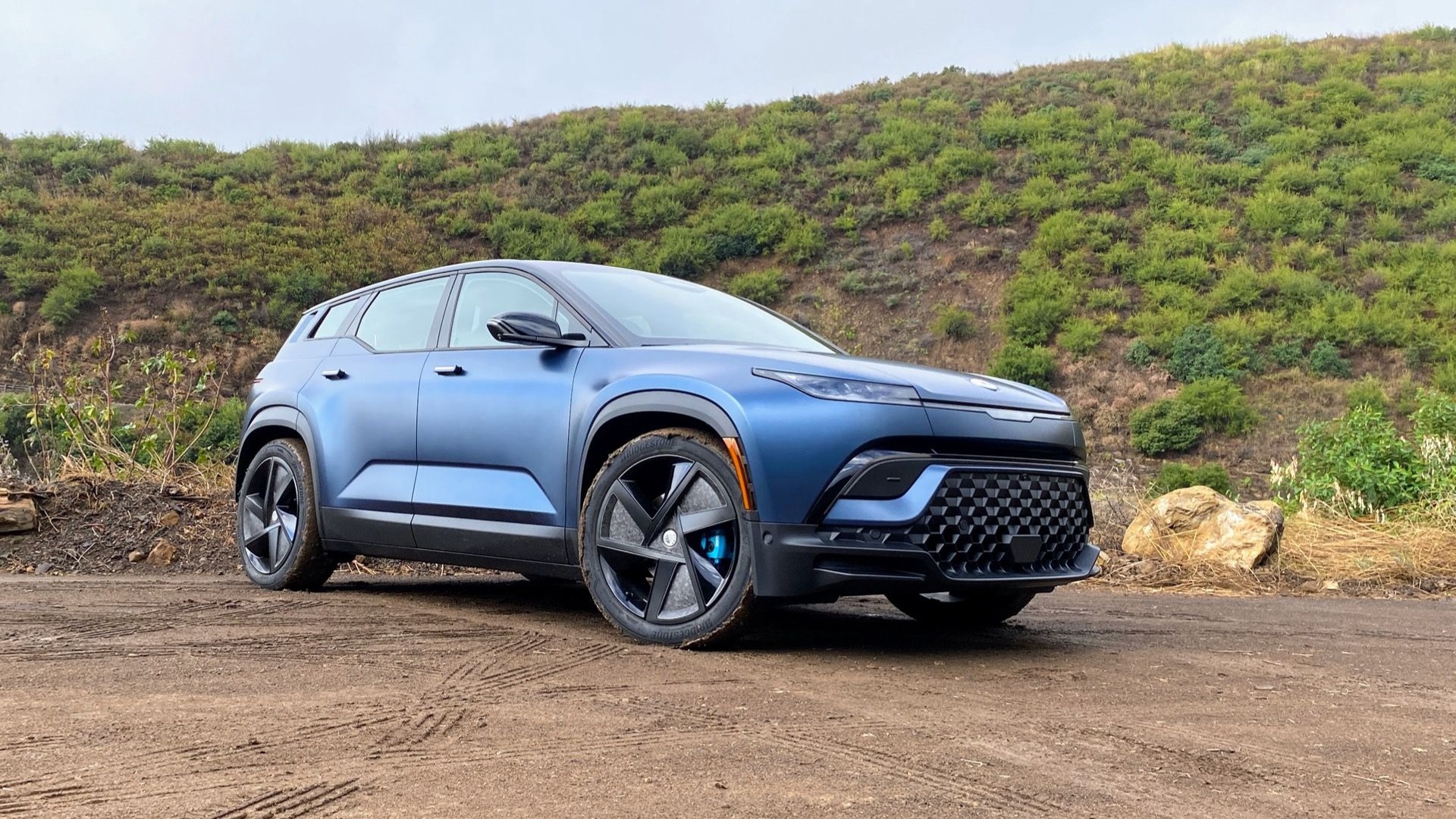- Process could cut costs and reduce emissions in making LFP cells for EVs
- It lays the foundation for greater LFP manufacturing in South Korea, outside China
- Chinese suppliers also continue to innovate on a battery type they championed
Hyundai and Kia this week launched a project to develop cheaper cathode materials for lithium iron phosphate (LFP) batteries that could also reduce reliance on Chinese battery suppliers.
The project aims to develop a new production process for LFP cathode material, the two automakers said in a press release. Instead of adding lithium to "precursor materials" like phosphate and iron sulfate, as in current LFP production, a new "direct synthesis" process would combine iron powder, phosphate, and lithium without the precursor step, Hyundai and Kia explained.
Eliminating this step from the manufacturing process will cut costs and reduce emissions of hazardous substances, lowering the environmental impact of the battery-production process, the automakers claim. It's also being developed in South Korea, by South Korean companies, laying the foundation for greater LFP battery cell manufacturing in that country.
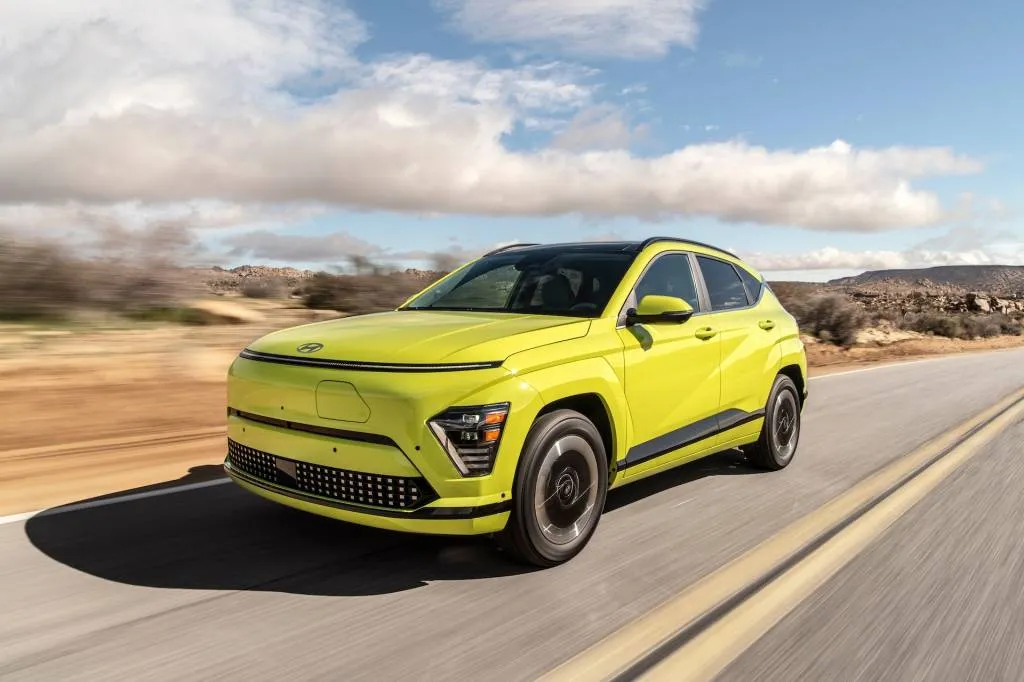
2025 Hyundai Kona Electric
This news comes nearly a year after Hyundai announced a two-year joint venture to develop LFP batteries in its home South Korea and lessen dependence on Chinese battery suppliers for them—with the aim to achieve affordable LFP cells that bypass China.
LFP battery tech originated in the U.S., but U.S. companies abandoned it for lack of a near-term payback, while it's been refined over the past two decades by several Chinese companies. Now it's used in the base Tesla Model 3 and Ford Mustang Mach-E, which don't qualify for the EV tax credit because of those versions' Chinese content.
Roughly one-fifth of the world's batteries for EVs are LFP. They're not as dependent on nickel and cobalt, and they're less prone to overheating, thermal runaway, and heat-related degradation. Currently China's BYD and CATL hold most of the world's manufacturing capacity for LFP. Although Ford, for instance, plans to make some in Michigan, cells will be made at a Ford-owned factory with Chinese production methods.
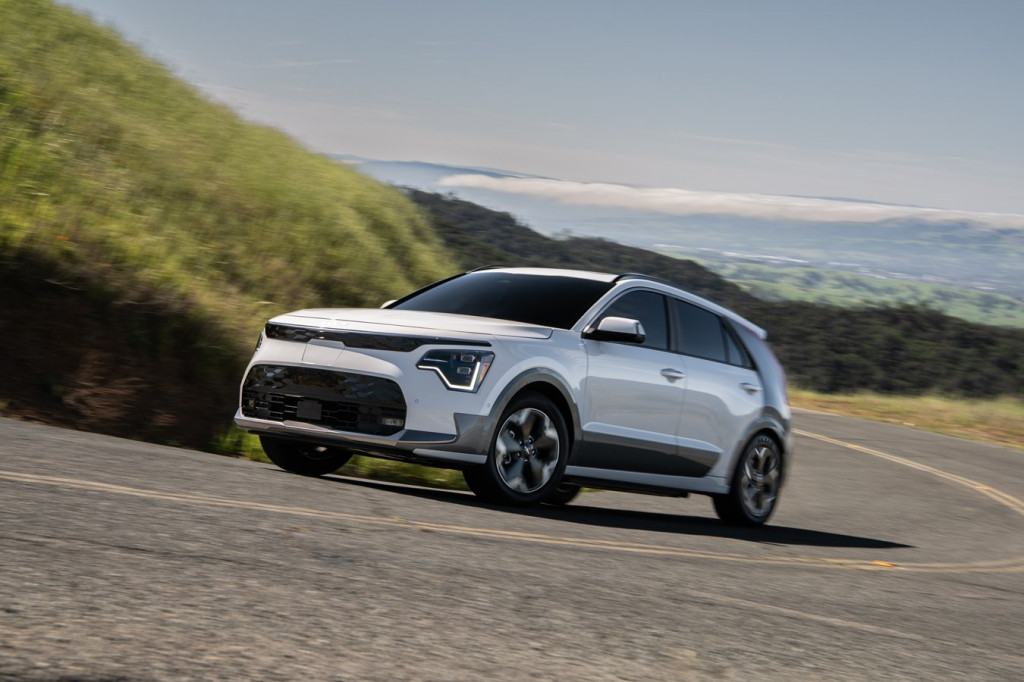
2023 Kia Niro EV
General Motors has also confirmed that the next-generation Chevrolet Bolt EV, due in 2025 as a 2026 model, will use LFP cells. They could be key in making the Bolt EV GM's most affordable EV, as promised.
Meanwhile China continues to innovate on the LFP battery type. China's GAC introduced LFP cells with a 20% boost in energy density last year, and CATL claims next-gen LFP cells that can add 250 miles of range in 10 minutes.
